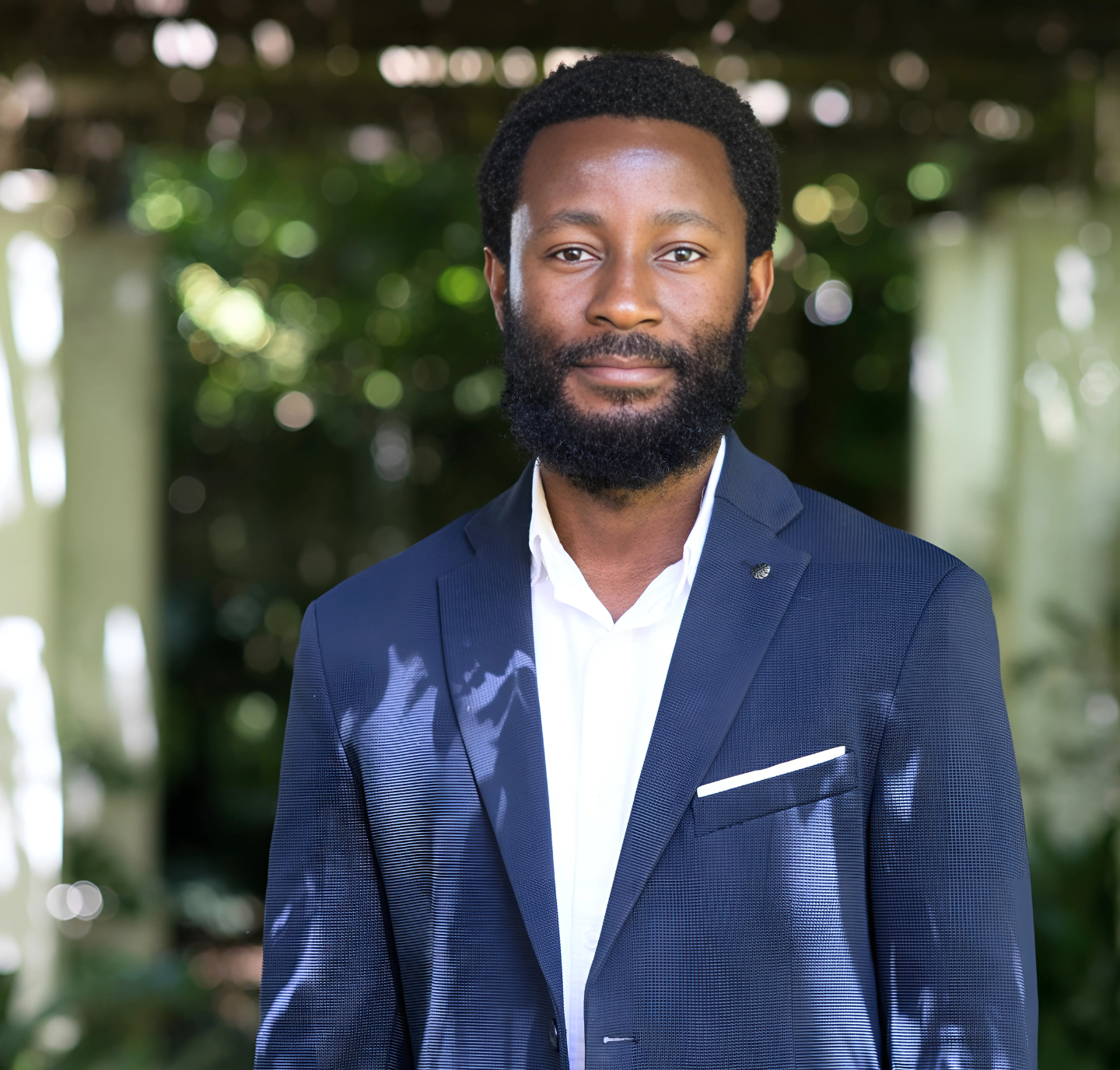DR. SISHUWA WARNS OF DEMOCRATIC SLIPPAGE AND ETHNIC DIVIDES
By BRIAN MATAMBO
KBN TV’s “State of the Nation” on 4 September 2025 hosted historian and Stellenbosch University senior lecturer Dr. Sishuwa Sishuwa for a blunt assessment of Zambia’s political direction. Speaking with calm insistence, he traced the country’s democratic slippage, condemned ethnic bias in public appointments, and reflected on lessons from the late former president Edgar Lungu. The picture he painted was sober. The prescriptions were exacting.
DEMOCRATIC REGRESSION UNDER UPND
Dr. Sishuwa credited the current administration with repealing the Defamation of the President statute, then argued the gesture has been blunted in practice. He said authorities have leaned on other statutes, including provisions of the Penal Code, cyber laws and sedition, to police speech and restrict assembly. Four years into the UPND’s tenure, he added, the Public Order Act remains unreformed despite being a central promise when the party sought office.
The result, he said, is a familiar cycle. Critics face preemptive barriers to peaceful protest. Opposition mobilisation is treated as a public order problem rather than a democratic right. Citizens self-censor out of fear of online surveillance or arbitrary detention. In his telling, Zambia risks reproducing the very repressive patterns that voters rejected under the PF. The government has praised student marches that support the presidency, he noted, yet parallel demonstrations that challenge policy are seldom permitted or are managed into silence.
Democracy cannot be reduced to elections every five years, he argued. It requires routine, protected exercises of speech and assembly between elections, and it requires a governing party confident enough to hear dissonant voices without calling in the police.
TRIBALISM AND THE LAW: THE COUNTRY IS BREAKING
Turning to ethnic politics, Dr. Sishuwa said both PF and UPND have indulged in regional favouritism in appointments. He cited Article 259 of the Constitution, the clause that obliges appointing authorities to respect gender balance, youth representation, inclusion of persons with disabilities and, crucially, regional diversity. This is not guidance, he said, but a constitutional duty.
He warned that concentrating senior posts within one region corrodes national cohesion and violates the spirit of Article 259. He pointed to the security services to illustrate how perceptions of imbalance can harden into grievance. When citizens conclude that top commands cluster around a single region, the message is exclusionary and the costs are national. The remedy, he said, is not rhetoric but visible compliance. Cabinet, commissions and command structures must show the country back to itself, across provinces, genders, generations and abilities.
Dr. Sishuwa called tribalism a national cancer. He insisted that it was wrong when practised by the PF and remains wrong under the UPND. Elevating merit across Zambia, he said, is the surest inoculation against fragmentation, and it is a constitutional requirement, not a favour.
LESSONS FROM EDGAR LUNGU
In a reflective passage, Dr. Sishuwa described his interviews with former President Edgar Lungu in South Africa in the months before Mr. Lungu’s death. The sessions were part of a book project on presidential decision-making and how good intentions sour in office. Mr. Lungu, he said, expressed regret that he did not listen to critics while in power and warned about the seductions of sycophancy. Flattery, Mr. Lungu suggested, is a solvent that erodes judgment and isolates leaders from reality.
Contrary to ongoing claims, Dr. Sishuwa said Mr. Lungu did not anoint a successor to lead the PF. Instead, he is said to have favoured opposition unity behind a credible figure outside PF ranks, a concession to the party’s damaged brand and the need to broaden appeal. Dr. Sishuwa added a sharper accusation for the present. He said President Hakainde Hichilema had sought to capture the PF through Mr. Chabinga, a move he framed as part of a strategy to weaken the main opposition ahead of 2026.
The lesson he drew from these conversations was not nostalgia. It was an admonition. Leaders who disregard dissent repeat the mistakes of those they replaced. Parties that mistake flattery for support lose the ability to course correct. A governing party that tries to choose its opponent undermines public confidence in the contest itself.
THE TEST AHEAD
Dr. Sishuwa’s argument landed on accountability. If the UPND wishes to distinguish itself from what came before, it must reform the Public Order Act, stop using adjacent statutes to police thought, and open political space even to its harshest critics. If it wishes to heal the country’s fractures, it must obey Article 259 in letter and spirit, then show the results in the composition of cabinet rooms, commissions and command councils. If the opposition wishes to be taken seriously, it must put unity and credibility above faction and nostalgia.
Zambians have removed powerful leaders before without violence. They will measure the government by delivery against promise and the opposition by seriousness against spectacle. In that reckoning, Dr. Sishuwa suggested, there is only one reliable path to legitimacy. It is the hard work of constitutional obedience, institutional fairness and a politics that treats every citizen as fully Zambian.


Deprecated: ltrim(): Passing null to parameter #1 ($string) of type string is deprecated in /home/incentivize/public_html/wp-includes/formatting.php on line 4496